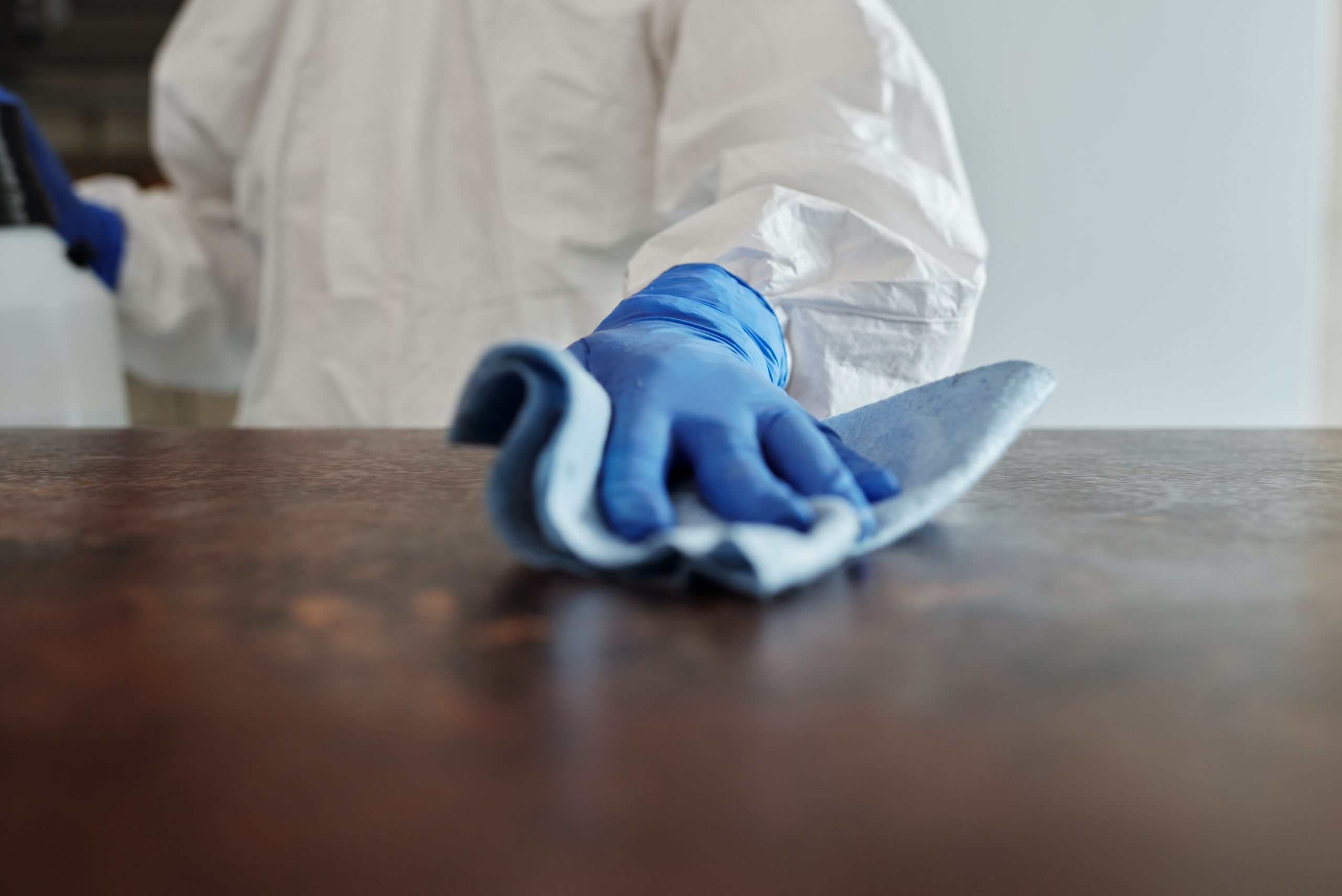Junk Science? When Did Judges Become Scientific Experts?

The amicus brief filed last week by the Medical Society of New Jersey in an appellate case there reflects some serious frustration in referring to the lower court’s opinion as being based on “junk science”. The subject arose in the context of a convenience store’s suit against its insurers alleging that the presence of Covid virus caused damage to its property. In line with a large number of similar decisions around the country, the lower court found, as a matter of law, that Covid can simply be washed off surfaces and therefore does not cause damage to property. This conclusion was directly contrary to expert scientific testimony that the plaintiff was prepared to present that the virus cannot necessarily be wiped away, especially since different surfaces can present different cleaning challenges. The MSNJ, a constituent association of the AMA, persuasively set forth a barrage of scientific evidence that the lower court’s conclusion amounted to junk science.
We don’t know who is right about the cleaning issue, but what perplexes us is how courts are able to decide this contested issue without hearing any evidence. As we have always understood civil procedure, if a genuine question of fact is raised by the pleadings, the trier of fact is supposed to weigh the evidence before deciding who is right. Where the MSNJ, the AMA, the CDC and multiple scientists from the most prestigious institutions in the world have opined that Covid virus cannot be easily wiped away and tends to persist once present, it seems strange that judges—who are typically required on preliminary motions to view fact questions most favorably for the plaintiff—can simply declare that their view of the science is the right one. Junk science or junk law?


